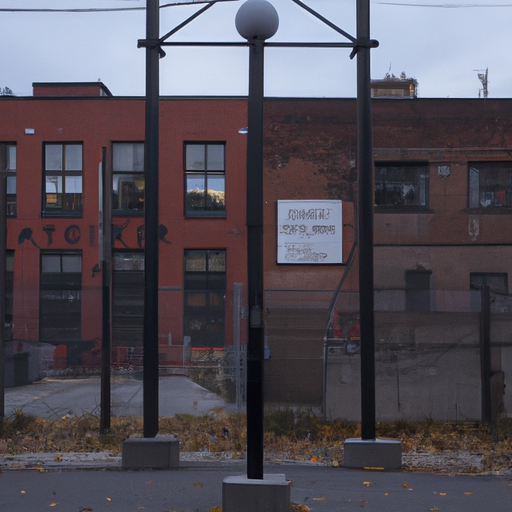The Canadian Opioid Crisis: Unpacked
As the opioid crisis continues to ravage communities across Canada, there have been significant developments in the country’s response to the crisis. In one such development, a recent ruling by the British Columbia Court of Appeal has refused an appeal by pharmaceutical companies to stop a class action lawsuit seeking redress for the devastation wreaked by the opioid crisis.
Unveiling the Curtains: What is the Opioid Crisis?
The opioid crisis refers to the skyrocketing number of opioid-related overdoses and deaths. Extensively impacting Canadians across the socio-economic spectrum, the crisis is rooted in the over-prescription of opioids in healthcare. It saw a particular surge in the mid-1990s when companies aggressively marketed opioids as safe for treating chronic non-cancer pain.
The Severity of the Crisis
The repercussions of the opioid crisis on the social fabric are massive. As the crisis intensifies, crime rates escalate and homelessness spreads. The crisis also precipitates financial pressure on social welfare systems such as healthcare, law enforcement, and social services. Thousands of lives have been lost to the crisis, with an escalating number of families enduring the pain of losing their loved ones.
Litigative Attempt to Curb the Crisis
In a landmark case in Canada’s response, the British Columbia government filed a class action lawsuit against more than 40 opioid manufacturers and distributors. The lawsuit argues that these companies engaged in deceptive marketing practices and failed to adequately warn prescribers and the public about the risks associated with opioids.
The Ruling
In the recent turn of events, the British Columbia Court of Appeal rejected the pharmaceutical companies’ attempt to halt the suit. This positions the province a step closer to recouping some of the enormous costs it has incurred in battling the opioid crisis.
Key Takeaways from the Case
- The unprecedented opioid class-action lawsuit is based on the British Columbia government’s claim that the involved companies downplayed the addictive nature and risks of opioids, thereby contributing to the opioid crisis.
- The British Columbia Court of Appeal has rejected pharmaceutical companies’ appeal to halt the proceeding, thereby fortifying the province’s stance in the lawsuit.
- This ruling is a significant leap towards making pharmaceutical companies accountable and could potentially pave the way for recovering some expenses incurred in managing the opioid crisis.
- The suit somewhat mirrors the multibillion-dollar settlements reached in the United States’ opioid lawsuits, signifying a global pattern of holding pharmaceutical companies responsible for their part in the opioid epidemic.
Efforts to Mitigate the Crisis
In addition to legal pursuits, various other efforts are being undertaken to curtail the opioid crisis. The widespread distribution of Naloxone kits, the life-saving medication that can quickly reverse an opioid overdose, is one such attempt. Furthermore, harm-reduction strategies like supervised consumption sites and overdose prevention sites are on the rise. Despite the crisis’s gravity, the relentless efforts to combat it can’t be undermined.
As the Canadian opioid crisis continues to grow, it becomes increasingly important to use every tool available – including the courts – to hold accountable those who have contributed to its development. The recent Court of Appeal ruling is a significant step in the right direction. Equally important are continued efforts to prevent overdoses, provide support to those affected, and educate the public about the dangers of opioid misuse.
In closing, the opioid crisis is a multifaceted calamity that demands a collective response from all stakeholders. This recent legal development marks a breakthrough, symbolizing the collective responsibility to combat the crisis. It’s a stark reminder that we are not merely bystanders in this crisis but active participants with immense potential to bring about a positive change.
